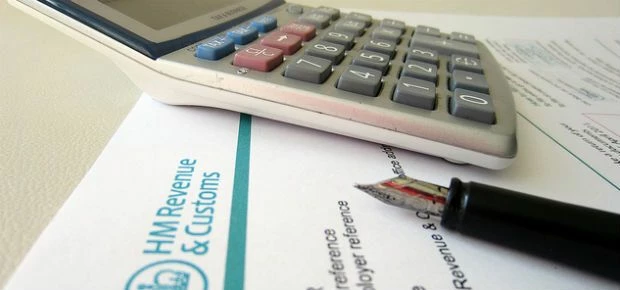
Partner Article
Prospect of post-election austerity threatens tax giveaway
This week brings stark reminders that, whichever party wins the May 2015 election, tough new austerity measures will be necessary. Required annual savings have been estimated at £48bn. That’s made us wonder whether politicians will be able to deliver on their increasingly lavish pre-election promises of tax giveaways.
Let’s start by taking a look at those promises.
Conservative - raise the level where people start paying income tax to £12,500 a year from £10,500 a year during the next five-year term, and increase the starting level for the 40% income tax band to £50,000 a year from £41,900.
Labour - cut income tax through a lower 10p starting tax rate.
Liberal Democrat – raise the personal tax allowance to £11,000 in April 2016. Also raise the starting rate for national insurance to the same level as for income tax after the personal tax allowance hits £12,500.
UK Independence Party - cut income tax from 40p to 35p for people earning up to £55,000. Raise the personal tax allowance to £13,500.
Once it has been made, the electoral cost of breaking a tax promise is huge, but what about the financial cost? None of these proposals has yet been fully costed, and some will be partly offset by tax increases elsewhere. Many will achieve social “goods”. But all of them will be expensive and must be paid for. Can the UK afford this? We’ll have a better idea of that when the Chancellor delivers his Autumn Statement on 3rd December.
For now, though, one thing is very clear. Even if the UK’s tax system worked as perfectly as HMRC wishes – in other words, the tax gap of £34bn was completely eliminated – tax alone could not fund the new austerity measures. So tax promises which benefit some will have to be paid for by tax increases for others, by cuts in services or by increased borrowings.
This was posted in Bdaily's Members' News section by Baker Tilly .
Enjoy the read? Get Bdaily delivered.
Sign up to receive our popular morning National email for free.








 Raising the bar to boost North East growth
Raising the bar to boost North East growth
 Navigating the messy middle of business growth
Navigating the messy middle of business growth
 We must make it easier to hire young people
We must make it easier to hire young people
 Why community-based care is key to NHS' future
Why community-based care is key to NHS' future
 Culture, confidence and creativity in the North East
Culture, confidence and creativity in the North East
 Putting in the groundwork to boost skills
Putting in the groundwork to boost skills
 £100,000 milestone drives forward STEM work
£100,000 milestone drives forward STEM work
 Restoring confidence for the economic road ahead
Restoring confidence for the economic road ahead
 Ready to scale? Buy-and-build offers opportunity
Ready to scale? Buy-and-build offers opportunity
 When will our regional economy grow?
When will our regional economy grow?
 Creating a thriving North East construction sector
Creating a thriving North East construction sector
 Why investors are still backing the North East
Why investors are still backing the North East